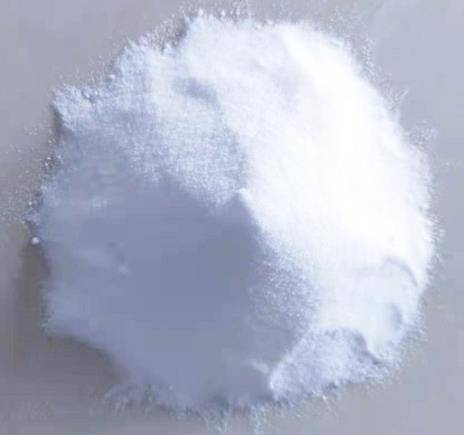Introduction
Creatinine, a nitrogenous waste product, plays a crucial role in clinical diagnostics and biochemical research. It is primarily formed as a result of creatine phosphate metabolism in muscle and is excreted through the kidneys. Creatinine is a critical biomarker for assessing renal function and holds significance in fields like nephrology, pharmacology, and toxicology. This article delves into the chemical perspective of creatinine, exploring its properties, composition, applications, and storage methods.

Figure 1 Characteristics of Creatinine
Properties of Creatinine
Chemically, creatinine is a heterocyclic amine with the molecular formula C?H?N?O, featuring a fused ring structure of nitrogen and carbon atoms. It exists as a white to off-white crystalline powder, highly soluble in water, moderately soluble in alcohol, and insoluble in most organic solvents. Creatinine remains in its neutral form at a physiological pH of around 7.4, enabling its consistent clearance by the kidneys. As a zwitterion, creatinine can exist in different ionic forms depending on the pH, making it intriguing for chemical reactions.
Major Composition
Creatinine, a derivative of creatine, is synthesized in the liver, kidney, and pancreas. Creatine, derived from amino acids, is phosphorylated to form creatine phosphate in muscle tissues. When creatine phosphate breaks down, creatinine is produced as a byproduct. In biochemical research, synthetic creatinine is often used, produced through chemical reactions or isolated from natural sources like urine.
Applications of Creatinine
Clinical Diagnostics
Creatinine is crucial in assessing kidney function, with serum levels used to evaluate glomerular filtration rate. Creatinine clearance tests are common for estimating GFR by comparing blood and urine creatinine levels.
Pharmacokinetics and Drug Development
Creatinine is a reference molecule in pharmacology to study drug excretion rates. Monitoring changes in creatinine levels aids in assessing potential nephrotoxicity in drug development.
Biochemical Research
Creatinine is used in metabolism and renal function studies, toxicological assessments, and sports medicine to monitor muscle mass and function.
Storage and Handling of Creatinine
Creatinine should be stored in airtight containers away from light and moisture to maintain stability. It is hygroscopic and should be kept at temperatures between 2-8°C for long-term storage. Proper handling protocols should be followed in laboratory settings.
Reference
[1] Hosten A O. BUN and Creatinine[J]. Clinical Methods: The History, Physical, and Laboratory Examinations. 3rd edition, 1990.
[2] Kashani K, Rosner M H, Ostermann M. Creatinine: from physiology to clinical application[J]. European journal of internal medicine, 2020, 72: 9-14.




